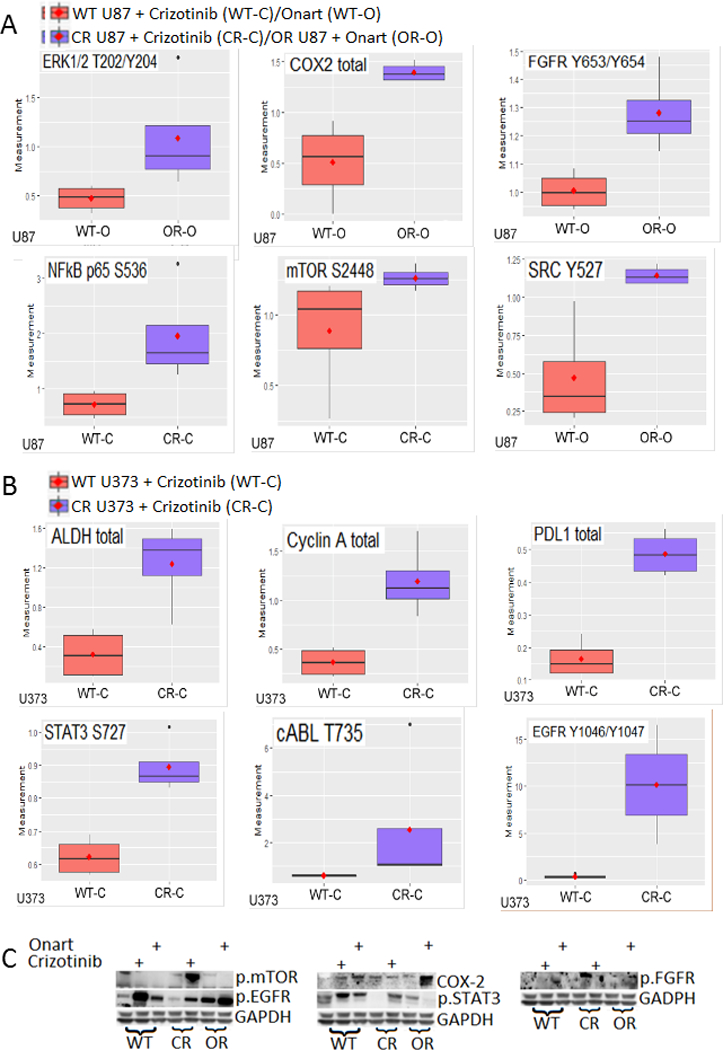Figure 2. MET inhibitor resistance is mediated by activation and expression changes in vital oncogenic molecules/pathways.

A). U87 wild type (WT), crizotinib-resistant (CR) and onartuzumab-resitant (OR) cells were treated with either control, crizotinib (100 nM) or Onartuzumab (Onart) (300 nM) for 48 hr and the cell lysate was subjected to RPPA. The most significantly changed molecules are shown in this figure. Among other, MET inhibitor resistance resulted in the upregulation of receptor tyrosine kinase FGFR1 and important survival signaling molecules mTOR and COX-2. B). U373 WT and CR cells were treated with either control or crizotinib (100 nM) for 48 hr and the cell lysate was subjected to RPPA. Notably, resistance resulted in the upregulation of EGFR and STAT3. C). RPPA data were verified by immunoblotting. These data show that MET inhibitor resistance is mediated via multiple signaling molecules.
